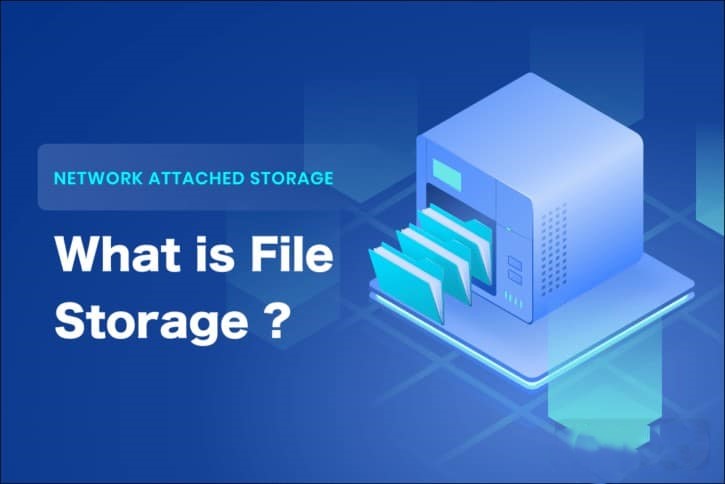A Short Note On File Base Storage System. And The Major Challenges Of A File—Based Storage System.
 Abdul Amin khan
Abdul Amin khan
File-Based Storage System:
A file-based storage system is a traditional method of organizing and managing data in which information is stored in files and directories. Each file contains data, and directories organize these files into a hierarchical structure. This straightforward system has been widely used for decades to store and retrieve various types of information.
Major Challenges of a File-Based Storage System:
Limited Search and Retrieval Efficiency:
Challenge: Locating specific data within a large file-based storage system can be time-consuming, as it often relies on manual navigation through folders.
Impact: Reduced efficiency in searching and retrieving relevant information quickly.
Data Redundancy and Inconsistency:
Challenge: Copying or duplicating files across different locations can lead to redundancy and inconsistency, especially when updates are not consistently applied. Impact: Increased storage space usage, potential data inconsistencies, and difficulties in maintaining synchronization.
Scalability Issues:
Challenge: Managing and scaling a file-based system becomes complex as data grows, with the addition of more files and directories leading to a disorganized structure.
Impact: Reduced system performance, increased maintenance efforts, and challenges in accommodating growing data volumes.
Limited Security Measures:
Challenge: Traditional file-based systems often lack advanced security features, making it challenging to manage permissions and restrict unauthorized access effectively.
Impact: Increased risk of unauthorized access, data breaches, and compromised security.
Concurrency and Collaboration Challenges:
Challenge: Simultaneous access to files by multiple users can result in conflicts, especially if there are no mechanisms to manage concurrent updates. Impact: Potential data corruption, loss of changes, and difficulties in collaborative work environments.
Inflexibility in Data Types:
Challenge: File-based systems may struggle to handle diverse data types effectively, as they are primarily designed for storing files and documents.
Impact: Limited support for evolving data types, making it challenging to adapt to the needs of modern applications and data structures.
In conclusion, while file-based storage systems provide a straightforward approach to organizing data, they face challenges related to search efficiency, data redundancy, scalability, security, concurrency, and adaptability to diverse data types. Modern database management systems and other storage technologies have evolved to address these challenges, offering more efficient and scalable solutions for managing contemporary data requirements.
Subscribe to my newsletter
Read articles from Abdul Amin khan directly inside your inbox. Subscribe to the newsletter, and don't miss out.
Written by

Abdul Amin khan
Abdul Amin khan
An Aspiring Entrepreneur from tech Baground